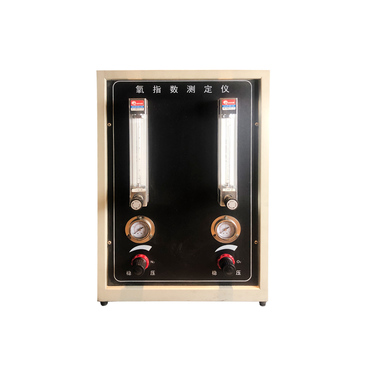Equipment for Testing Conductor Resistance in Electrical Applications
Conductor Resistance Test Equipment Ensuring Electrical Efficiency and Safety
In the realm of electrical engineering and power systems, ensuring the efficiency and safety of conductors is of paramount importance. One of the essential methods for assessing the performance of electrical conductors is through conductor resistance testing. This process measures the resistance of electrical conductors, providing vital information about their quality, compatibility, and longevity. To conduct these tests accurately, specialized equipment known as conductor resistance test equipment is employed.
Understanding Conductor Resistance Testing
Conductor resistance testing involves measuring the resistance to the flow of electricity within a conductor. The resistance is influenced by various factors, including the material composition, length, cross-sectional area, and temperature of the conductor. High resistance can indicate poor conductivity, which can lead to energy losses in electrical systems and potentially hazardous conditions due to overheating.
To assess the conductor's suitability for its intended application, engineers and technicians rely on conductor resistance test equipment. This equipment allows for precise measurements, helping to ensure that electrical systems operate efficiently and safely.
Types of Conductor Resistance Test Equipment
Conductor resistance test equipment comes in various forms, each designed for specific testing scenarios. Some of the most common types include
1. Four-Wire Resistance Meters These devices use a four-wire configuration to eliminate the effects of lead resistance. They provide highly accurate measurements, making them suitable for testing low-resistance conductors often found in power transmission and distribution systems.
2. Micro-ohm Meters Specifically designed for measuring very low resistances, micro-ohm meters are commonly used in applications where precision is critical, such as testing connections in switchgear, circuit breakers, and transformers.
conductor resistance test equipment

3. Portable Resistance Testers These are compact, battery-operated devices that are easy to transport, making them ideal for field testing. They typically feature user-friendly interfaces and can provide quick results, allowing technicians to assess conductors on-site.
4. Automatic Testing Equipment Some advanced systems automate the testing process, which improves consistency and reduces the risk of human error. These devices can store data and provide comprehensive analysis, which is vital for ongoing maintenance and evaluation of electrical systems.
Key Benefits of Using Conductor Resistance Test Equipment
1. Enhanced Safety By identifying potential problems in electrical conductors before they lead to failures, this testing equipment enhances overall system safety. Early detection of issues such as corrosion or damage can prevent hazardous situations.
2. Improved Efficiency Accurate resistance measurements ensure that electrical systems operate efficiently. Reducing resistance losses leads to lower operational costs and extended equipment life.
3. Regulatory Compliance Many industries are subject to strict regulations regarding electrical safety. Regular resistance testing with appropriate equipment helps ensure compliance with these standards, reducing the risk of legal and financial repercussions.
4. Preventive Maintenance Regularly scheduled conductor resistance tests are integral to a proactive maintenance strategy. By monitoring resistance levels over time, engineers can plan maintenance activities before failures occur, thus minimizing downtime.
Conclusion
Conductor resistance test equipment plays a crucial role in the maintenance and operation of electrical systems. By accurately measuring the resistance of conductors, this equipment helps safeguard against inefficiencies and potential safety hazards. With various types of test equipment available, professionals can choose the best tools for their specific applications, ensuring that electrical systems remain safe, efficient, and compliant with regulatory standards. In an era where energy efficiency and safety are more critical than ever, the importance of reliable conductor resistance testing cannot be overstated.
-
Why the Conductor Resistance Constant Temperature Measurement Machine Redefines Precision
NewsJun.20,2025
-
Reliable Testing Starts Here: Why the High Insulation Resistance Measuring Instrument Is a Must-Have
NewsJun.20,2025
-
Flexible Cable Flexing Test Equipment: The Precision Standard for Cable Durability and Performance Testing
NewsJun.20,2025
-
Digital Measurement Projector: Precision Visualization for Modern Manufacturing
NewsJun.20,2025
-
Computer Control Electronic Tensile Tester: Precision and Power for the Modern Metal Industry
NewsJun.20,2025
-
Cable Spark Tester: Your Ultimate Insulation Assurance for Wire and Cable Testing
NewsJun.20,2025
 Copyright © 2025 Hebei Fangyuan Instrument & Equipment Co.,Ltd. All Rights Reserved. Sitemap | Privacy Policy
Copyright © 2025 Hebei Fangyuan Instrument & Equipment Co.,Ltd. All Rights Reserved. Sitemap | Privacy Policy
